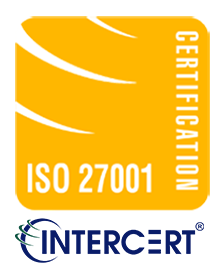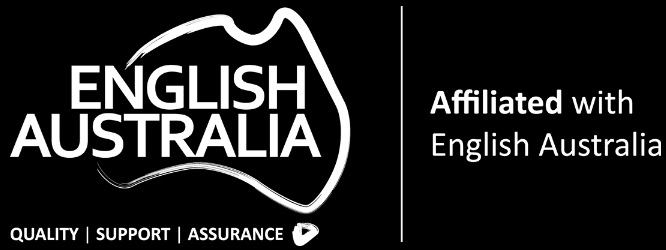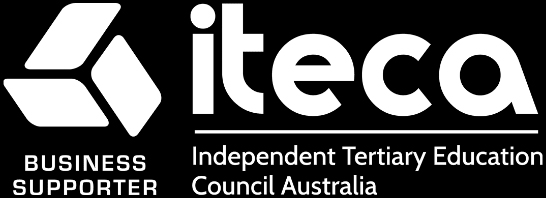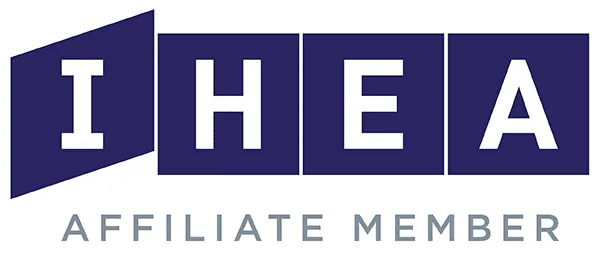Come January, the revised National Code of Practice for Providers of Education and Training to Overseas Students 2018 will be implemented, with every intention to uphold Australia’s reputation as a provider of high quality education. Here’s everything you need to understand, to prepare your institution in the next two months.
Who does this code apply to?
To every institution registered under the ESOS Act to deliver education to overseas students who come to Australia on a student visa.
What is the primary objective of the National Code?
Australia holds an enviable position as a reputed education provider. Under the ESOS Act, the National Code is designed to uphold Australia’s high standards for international education, and protect and enhance the international students’ experience at the same time.
Thereby, the primary focus for reform in the revised National Code is to increase transparency, and to strengthen the welfare of overseas students, through a consistent national approach. The revised code will focus on key areas of reform like:
- Supporting the ESOS framework
- Safeguarding our international reputation as an education provider
- Ensuring the integrity of registered providers
- Implementing consumer protection mechanisms to protect overseas students
- Maintaining consistent standards to deal with student complaints and appeals
- Support integrity of our visa system.
The new code
The National Code 2018 will be implemented on January 2018. And it comprises the following:
Standard One: Uphold integrity and reputation of the education industry by ensuring the marketing of their services is not false, or misleading.
Standard Two: Recruit responsibly. Students must have the necessary English language proficiency, educational qualifications and work experience.
Standard Three: Everything must be in writing. Written agreements protects the rights and clarifies responsibilities, of each party.
Standard Four: Education agents must behave ethically and in the best interest of students, and the education sector.
Standard Five: Provider must take responsibility for minor students, with emergency contacts, and other arrangements until the student turns 18 years of age.
Standard Six: Assist overseas students to adjust to study and life in Australia, with appropriate orientation.
Standard Seven: Ensure students complete 6 months of their principal course, before they transfer to another provider of their choice.
Standard Eight: Support students to complete their course within the required duration as mention in the visa. Standard 8 also sets flexible provisions to allow online learning while maintaining appropriate standards for students to comply with student visa conditions.
Standard Nine: Providers must manage enrolment by maintaining updated information in the Provider Registration and International Student Management System (PRISMS) database.
Standard Ten: Providers must ensure students’ rights to natural justice are protected through access to a professional, timely, inexpensive and documented complaints and appeals process.
Standard Eleven: Providers must meet the requirements for CRICOS registration and ensure the ESOS agency for the provider approves and has up-to-date information on all aspects of the provider’s operations and registered courses.
Explanatory material and online training modules will be made available by the end of 2017 to ensure a smooth transition to the new National Code.
Quality assurance
A team of agencies carry out specific roles to administer the ESOS legislative framework, across the Commonwealth and states and territories.
1. Australian government
The Department of Education and Training is responsible for policy development and administration of the ESOS Act and its associated legislative framework, including the Tuition Protection Service framework and management of the Provider Registration and International Student Management System (PRISMS) administering ESOS-related charges for cost recovery, final registration or renewal and compliance monitoring and enforcement decisions (including suspensions and cancellations) as the ESOS agency for schools.
2. The Tuition Protection Service
TPS is a placement and refund service to assist international students whose education providers are unable to fully deliver their course of study. They ensure a refund or a transfer, as per the students’ wishes.
The National Code also works in liaison with the department of immigration and border protection, setting out course attendance, progress and completion requirements for overseas students.
3. Australia’s quality assurance agencies
Tertiary Education Quality and Standards Agency (TEQSA) is responsible for quality assurance of higher education providers across Australia. The Australian Skills Quality Authority (ASQA) is the quality assurance agency responsible for the national regulation of registered training organisations (RTOs) in
Australia. Both ASQA and TEQSA have powers to register providers to deliver education and training services to international students, and oversight responsibilities for English Language Intensive Courses for Overseas Students (ELICOS) and foundation programs.
4. State and territory governments
The designated State authority (DSA) is responsible for ESOS related functions in state and territory jurisdictions for school education and for ELICOS, foundation and non-award programs delivered by schools. The designated State authority makes recommendations to the Australian Government Department of Education and Training to register a school on CRICOS, including any conditions on that registration.
The revised National Code sets standards that are intended to meet the needs and expectations of international students who come to Australia, and that satisfy the objectives of the ESOS Act. It complements the strong quality assurance frameworks used by government agencies to oversee the Australian education system.
The National Code is legally enforceable. And any breach can result in action being taken against the provider under Division 1 in Part 6 of the ESOS Act












